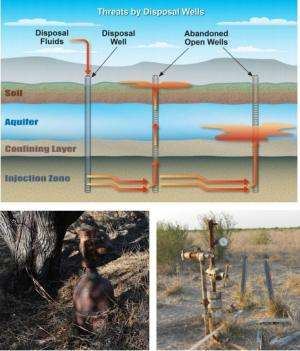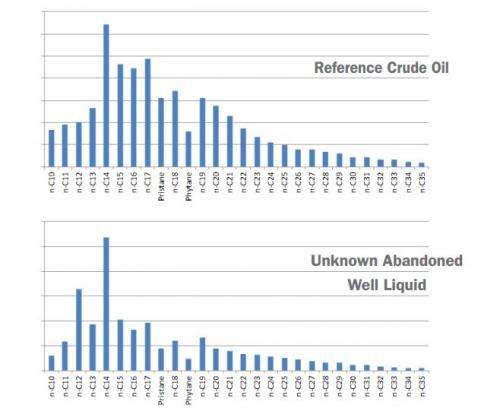Ongoing water quality monitoring essential in age of hydraulic fracturing

The recent large-scale increase in hydraulic fracturing related to oil and gas exploration and production represents a potential source of groundwater contamination in Texas. Effective monitoring of groundwater quality must be tailored to the characteristics of individual aquifers.
Hydraulic fracturing can involve a complex mix of chemicals. As a consequence, flowback waters and waste brines have different chemistries. Assessing potential contamination requires water-quality sampling and monitoring, but the list of possible chemicals and costs of analyses can be overwhelming.
Groundwater withdrawal and associated waste-water disposal activities related to oil and gas exploration, including hydraulic fracturing, are regulated by the Railroad Commission of Texas. Groundwater conservation districts are responsible for management and protection of the groundwater resources within their jurisdictions, including a mandate to prevent the degradation of water quality. The districts are responsible for water-quality monitoring and addressing constituent concerns regarding potentially contaminated aquifers.

The Geosciences and Engineering Division of Southwest Research Institute conducts sampling and analyses to characterize aquifer water quality. SwRI scientists have used this information to develop a tailored, target analysis and cost-effective strategy to monitor for potential contamination resulting from petroleum exploration and production activities.
SwRI's effective water quality monitoring and assessment program includes:
- Analysis of water chemistry type in potentially affected areas
- Collection of appropriate background water quality samples
- Analysis of samples for target compounds that will indicate possible contamination
- If needed, detailed evaluation of suspected contaminated waters
Provided by Southwest Research Institute
















